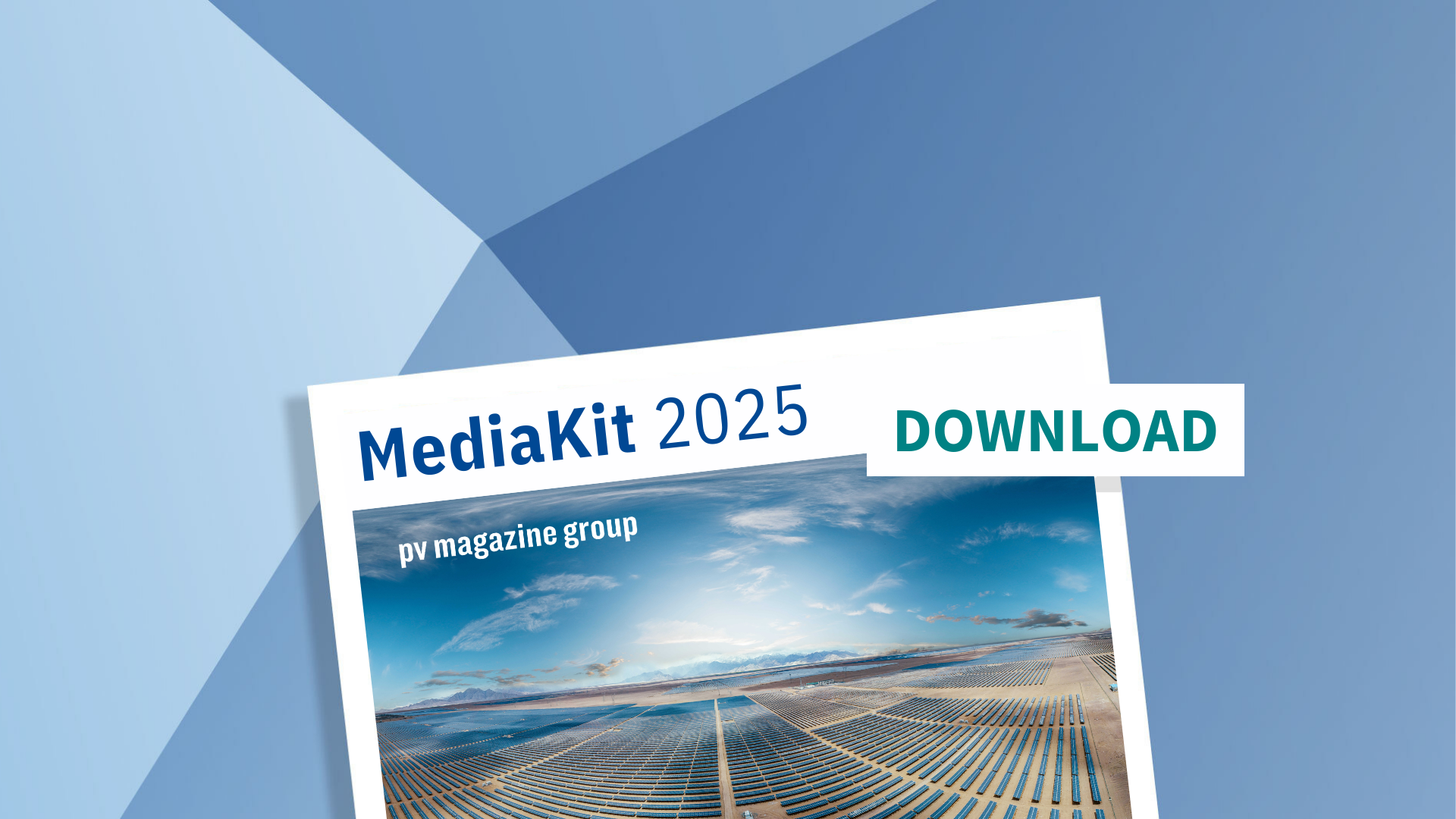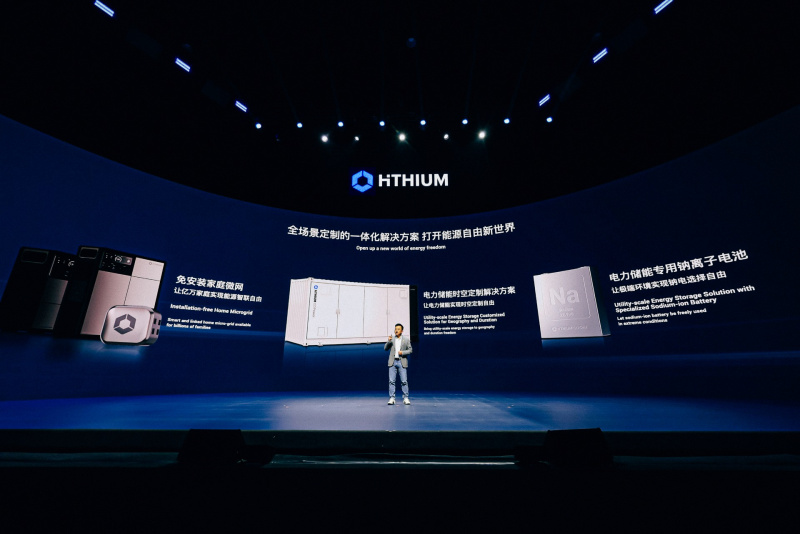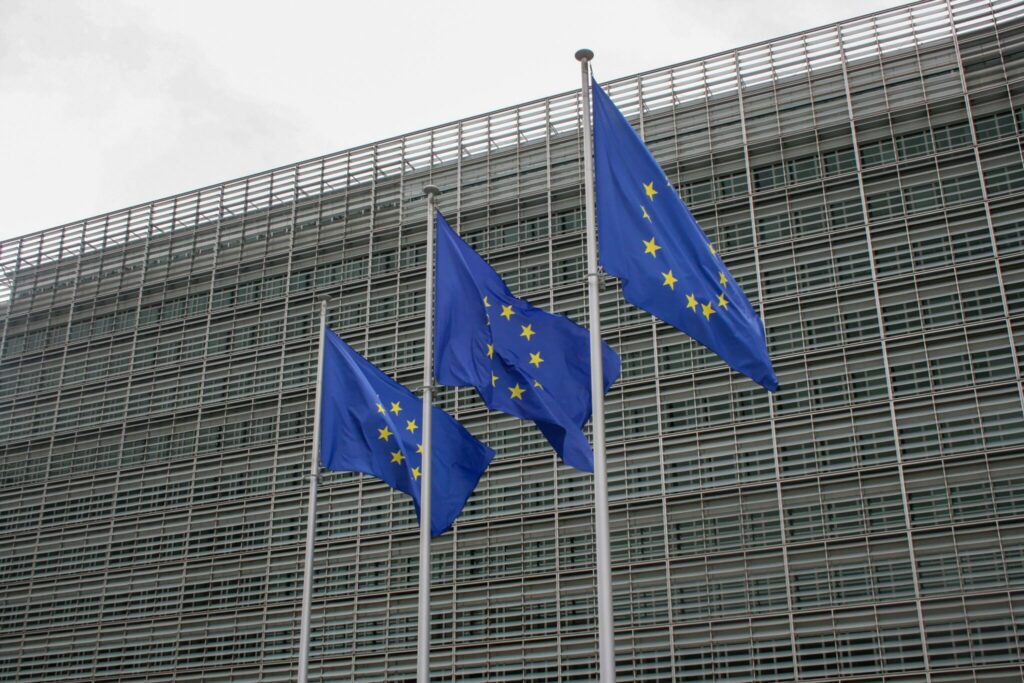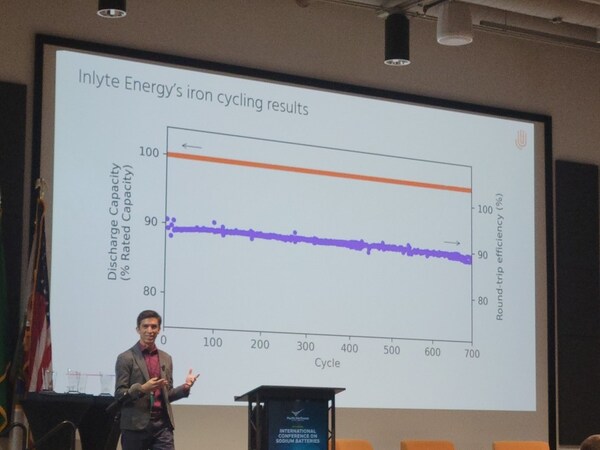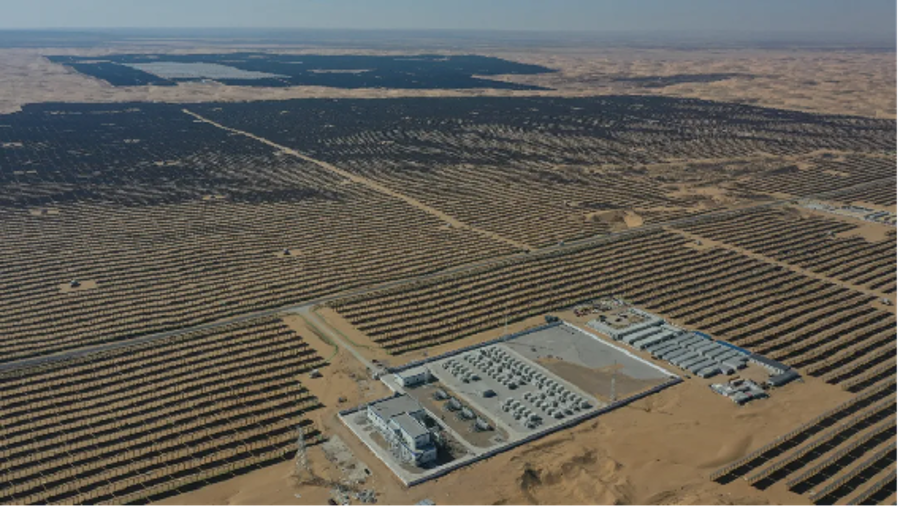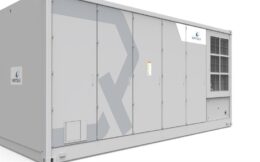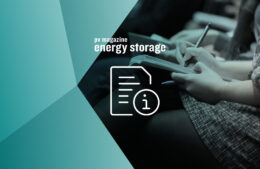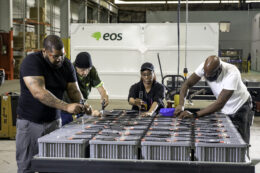Melbourne connects first community battery as part of planned city network

The City of Melbourne has partnered with Origin Zero to deliver three battery energy storage systems as part of a pilot network of coordinated community batteries designed to better manage the increasing penetration of rooftop solar and periods of peak demand.
The first of the 150 kW battery energy storage systems to be rolled out as part of the Power Melbourne project has been connected at a council-owned residential block in Melbourne’s central business district. It is anticipated the battery will help to power 175 apartments for up to two hours during the evening peak.
Council said the second 150 kW battery to be deployed as part of the project will be installed soon at the Docklands’ Library with the third is to be installed later this year at a community centre.
The three batteries will serve as a pilot phase for the Power Melbourne scheme which is to establish a network of community batteries in existing council infrastructure around the city to store power and release it as needed. It is anticipated the network could eventually be scaled up to 5 MW / 10 MWh of energy storage.
The aim of the scheme is to deliver more renewable energy into the grid, accelerating the City of Melbourne’s ambition of being 100% powered by renewable energy by 2030.
The pilot phase of the project is expected to operate for about 18 months and will test Power Melbourne’s local energy storage model in partnership with Origin, gathering insights to inform future phases of the project.
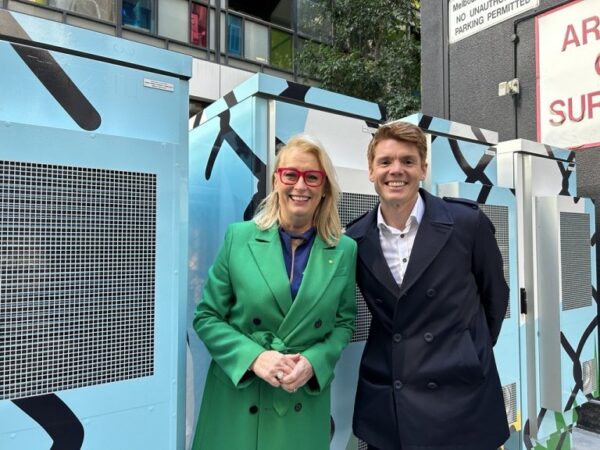
Origin Zero Executive General Manager James Magill said the Power Melbourne scheme is an “exciting and ambitious” program with battery storage to play an important role in Australia’s energy transition.
“We look forward to seeing the impact these three batteries can have as part of this trial,” he said.
Melbourne Lord Mayor Sally Capp said the battery network will help accelerate the transition to a renewable-powered city and improve access to solar for residents and businesses in the city currently ‘locked out’ of renewable energy options such as onsite renewable energy generation or collective power purchase agreements due to property type or scale of energy use.
“Storage is the missing piece of the puzzle when it comes to providing residents and businesses with access to more affordable renewable energy,” she said.
“Approximately 83% of City of Melbourne residents live in apartments, without the means to install their own solar panels. This is the next step in empowering individuals to access clean, renewable and cheaper energy.”
The Power Melbourne program has received support through the Victorian government’s Neighbourhood Batteries initiative and the Australian government’s Community Batteries for Household Solar program.



